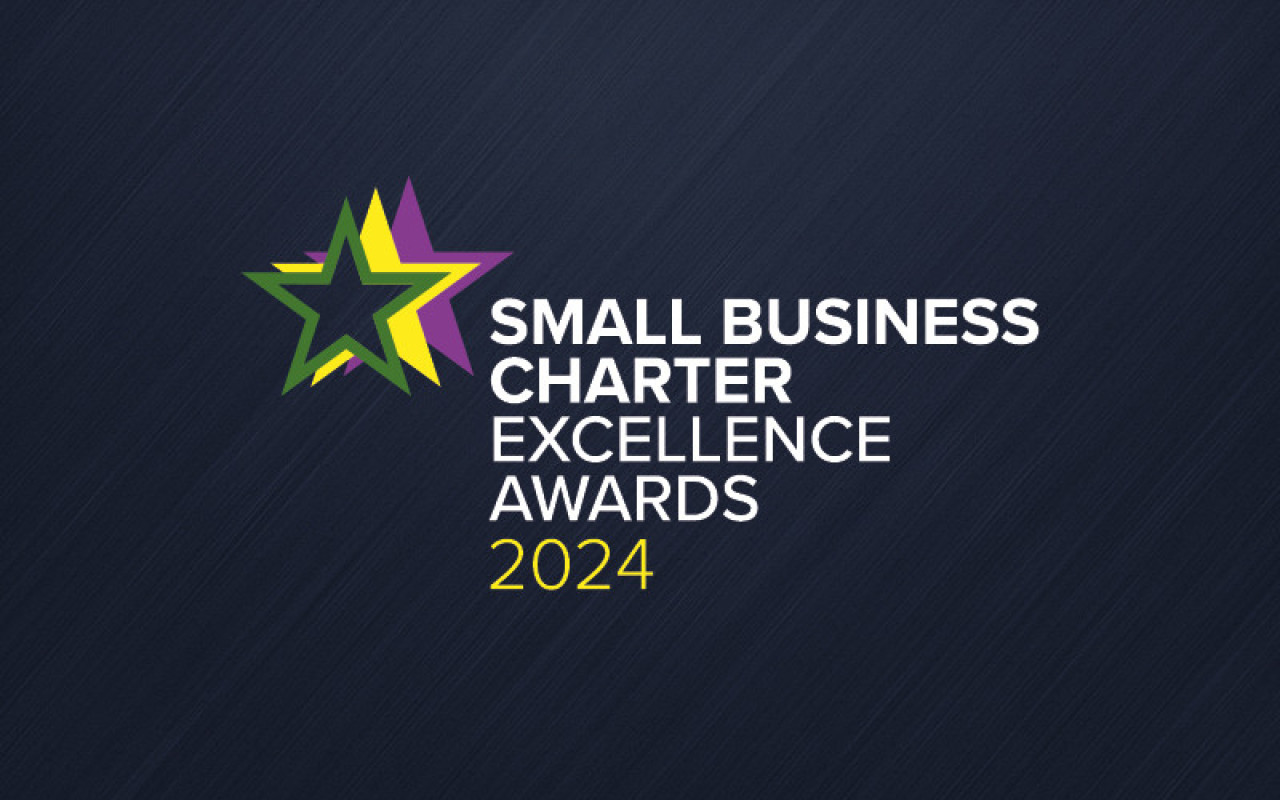View our Business Support Finder
Get advice and support
SBC Excellence Awards
The Small Business Charter Excellence Awards are the opportunity for business schools that hold the SBC accreditation to showcase specialist activity that delivers sustainable impact and legacy.
Congratulations to all our winners from the 2023 awards!
SBC Accredited Business Schools
Our network of business schools is built on excellence. Here, business schools share successful approaches to business support, stakeholder engagement, and student entrepreneurship.
Apply for the SBC Accreditation
The Small Business Charter is an accreditation which assesses and recognises the impact and effectiveness of the UK’s world-class business schools in supporting small businesses, student entrepreneurship, and their local economies.
Sign up to our newsletter
Get the latest business advice and insights from our network of accredited business schools – sign up for our newsletter today!

